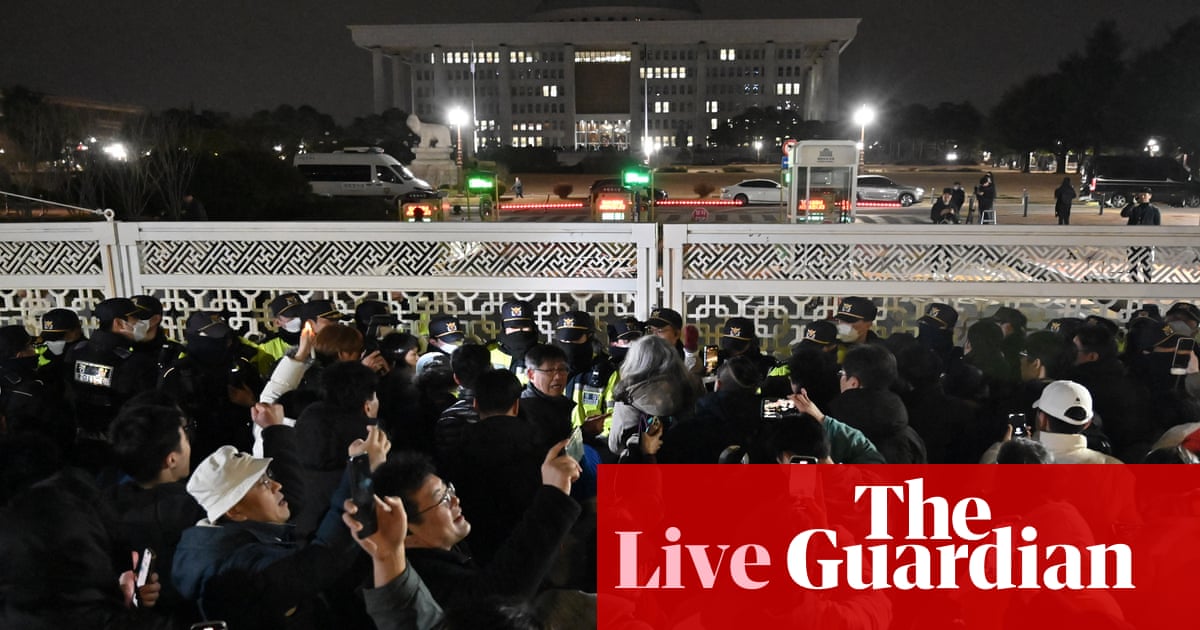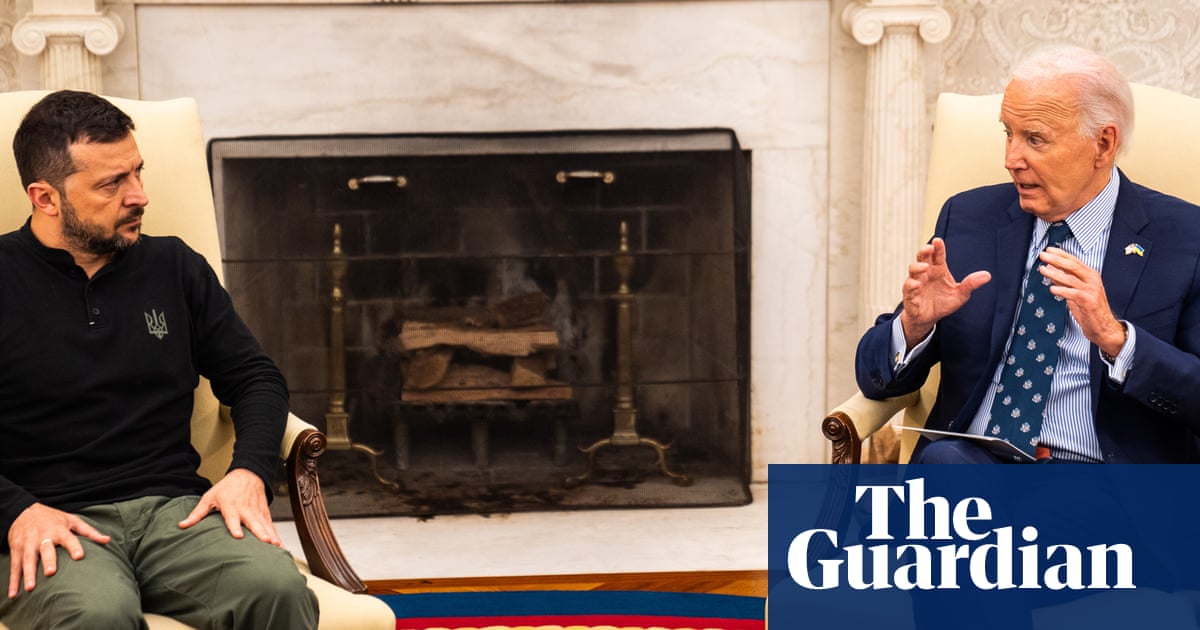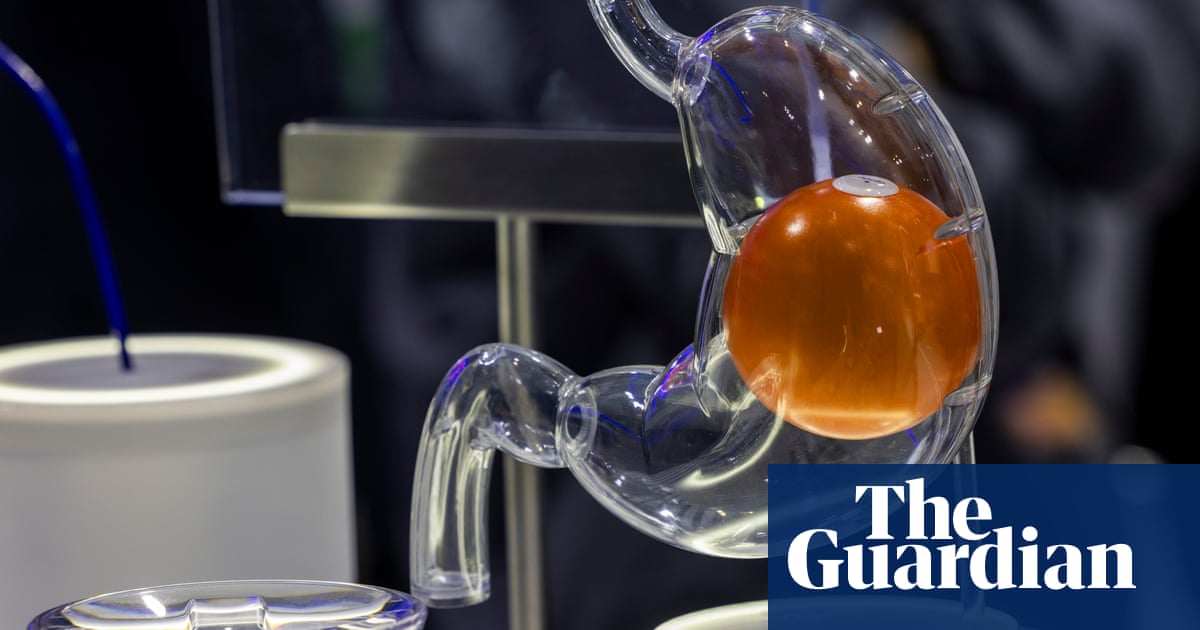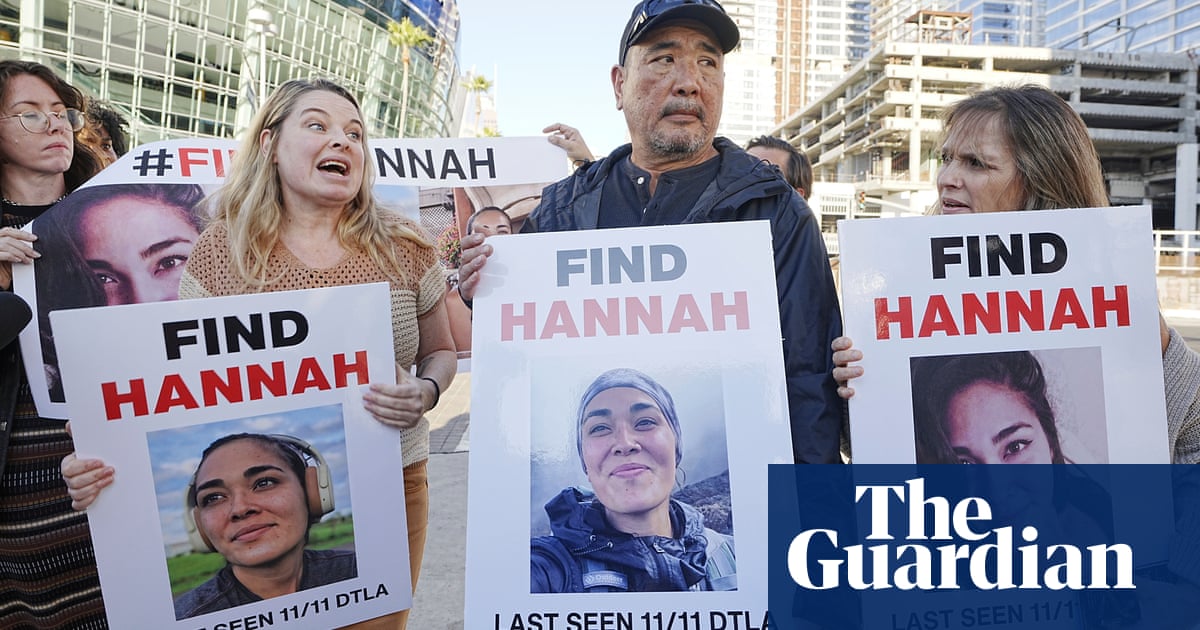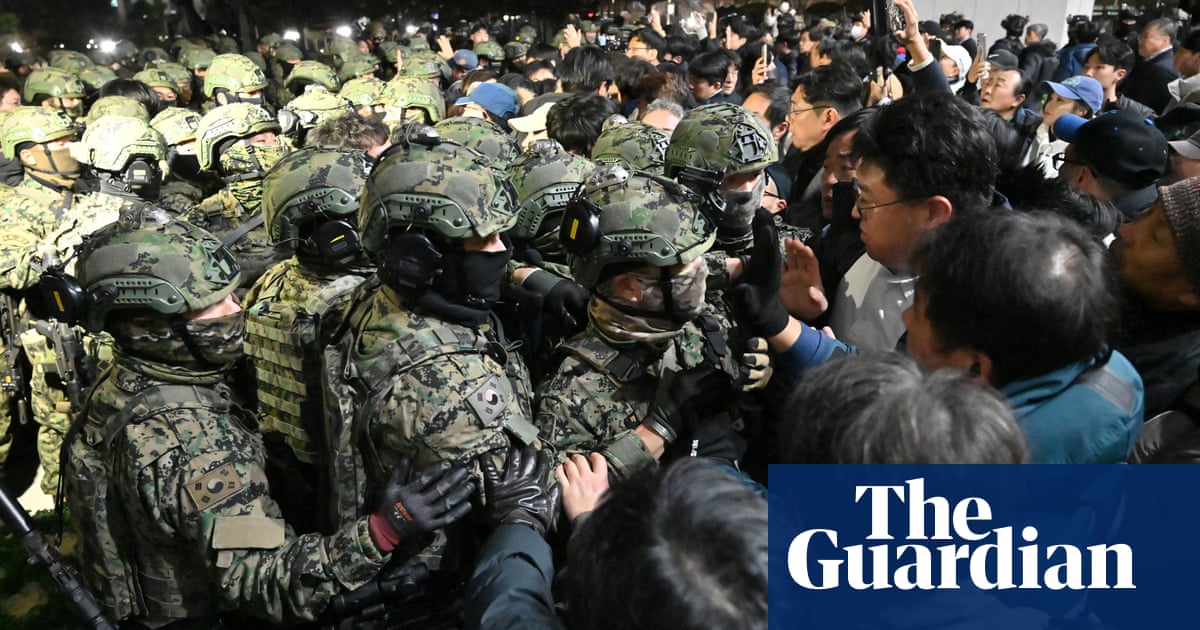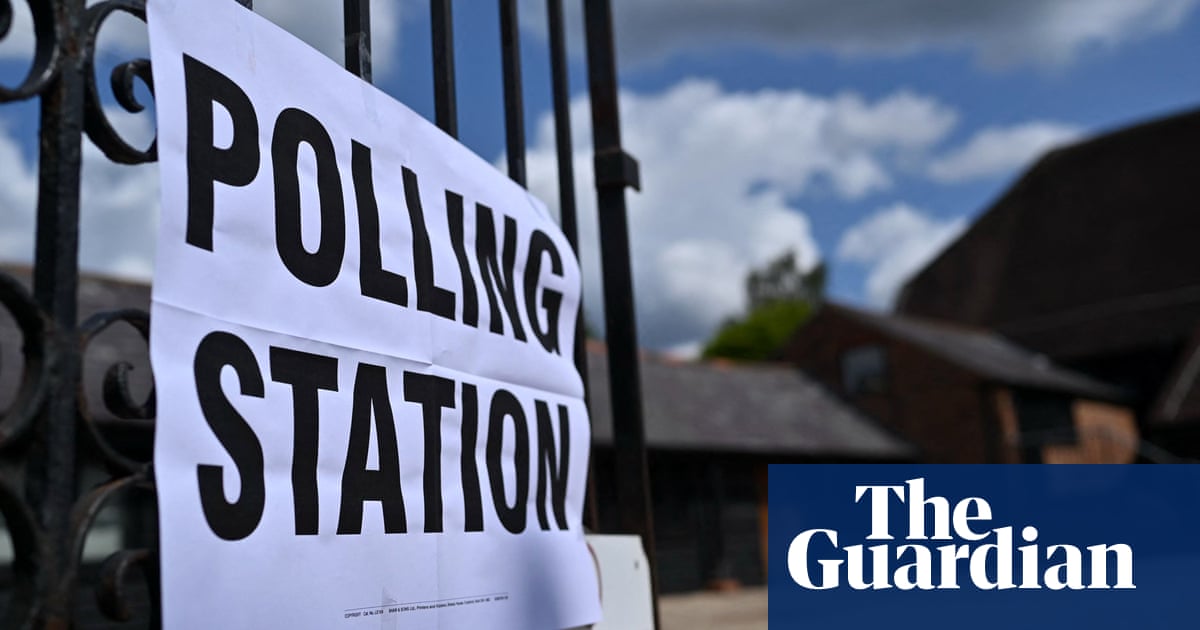Albanese and Xi Jinping meet on sidelines of G20
Chinese-Australian links are improving after a turnaround in relations, Xi Jinping has told Anthony Albanese while acknowledging “some twists and turns” in the past, AAP reports.
The prime minister met the Chinese president, in their third formal encounter, on the sidelines of the G20 leaders’ summit in Brazil. Before the talks between the two started in Rio de Janeiro overnight, Xi recalled visiting Australia in 2014:
Ten years ago today, I was on a state visit in Australia. And on this very day, during which our two sides agreed to establish a comprehensive strategic partnership.
Stabilising Australia’s relationship with China is in the interests of both our countries.
Dialogue is critical, and we’ve made encouraging progress.
Trade is flowing more freely.
⁰And that brings benefits to both countries, and to people and businesses on both sides.
Xi addressed the parliament in Canberra at the time and was hosted by Tony Abbott. Xi told Albanese:
And over the past decade, we have made some progress in China-Australia relations and also witnessed some twists and turns. That trajectory has many inspirations to offer.
Now, our relations have realised a turnaround and continues to grow, bringing tangible benefits to our two peoples.
So, this is the result of our collective hard work in the same direction, and should be maintained with great care.
Key events Show key events only Please turn on JavaScript to use this feature
Lidia Thorpe to vote against government mis- and disinformation bill
Independent senator Lidia Thorpe says she will oppose the government’s mis- and disinformation bill unless there are major changes made.
Thorpe said that she is “no stranger to the problems” to this topic and “false information about me is routinely published in mainstream media and spread online”. But this bill is “not the solution”, she said in a statement early this morning.
The broad and vague definitions in this legislation allow too much scope for suppression of dissenting voices. We have to ensure that political dissent, protest and Truth-Telling are not suppressed or censored.
I have concerns that this bill could stifle First Nations voices that challenge systemic injustice—be it through advocacy for land rights, resistance to oppressive policies, or critique of colonial governments.
The Bill’s reliance on white-dominated institutions to regulate what constitutes ‘truth’ will further erase, suppress and misrepresent First Nations narratives and activism.

Thorpe argued that Acma and overseas tech companies are not “appropriate arbitrators on questions of ‘truth’” and that Acma lacks First Nations expertise or advisory roles.
This legislation gives these companies too much discretion to decide what is and isn’t misinformation, and doesn’t require enough transparency.
She called for a digital rights act and human rights act to be established, and said “before we have those rights enshrined, we need to be very careful with any legislation like this.”
Gender pay gap at lowest point ever: ACTU
According to a new report from the Australian Council of Trade Unions, the gender pay gap is now at its lowest point ever at 11.5%.
It said new work rights and higher wages in sectors like aged care are closing the gap at a rate three times faster than under previous Coalition governments. Since 2022, the gender pay gap has been closing at a rate of 1.3% each year, compared to 0.4% under successive Coalition governments.
ACTU president Michele O’Neil said that sectors with a majority of women workers “pay some of the lowest wages despite workers providing some of the most valuable services to our community, such as caring for our loved ones.”
Government policies have a direct effect on the underpayment of women workers and the gender pay gap.
The gender pay gap is closing three times faster under this current government than the previous government, meaning if Peter Dutton’s party was still in power, the average woman working full time would be $1,900 worse off.
Husic defends government’s electoral reform
Ed Husic was asked about comments from Clive Palmer overnight on the 7.30 program, that the government’s proposed electoral reforms are a Labor and Liberal stitch-up for the major parties to have the entire game to themselves.
Husic responded:
I’m not surprised people with a lot of money who want to be able to influence elections are upset by what we’re wanting to do. But I think a lot of Australians will back what we are trying to do and want to make sure that we’ve got elections that are fair and that aren’t influenced by big money.
The minister said that a number of state governments have started to work on similar reforms.
Husic accuses Coalition of playing politics on international student cap
Ed Husic was asked about the Coalition’s decision not to back the government’s proposed cap on international students. You can read all the details on this below:
Husic said Peter Dutton had indicated in budget-reply speeches that he also wanted to bring immigration back to pre-pandemic levels, and accused the Coalition of not “back[ing] up what they say they’ll do”:
This is another case of them playing politics, putting their political interests above the interests of the country. We already have some measures in place to help us in this area. But, as stakeholders have observed, the Coalition just opposing this legislation gives no solution, no indication about what they’d do.
So the onus is on them now to say, “Well, if you said this is important to do, why won’t you actually support work to be done in this space?”
First investment announced as part of Reconstruction Fund
The science and industry minister, Ed Husic, was on ABC News Breakfast to discuss the government’s first investment via the Reconstruction Fund – $40m to a Toowoomba mineral processing factory.
The NRF was passed last year and established an off-budget $15bn investment fund to support manufacturing and emerging industries.
Husic said this investment was “the first of many that we’ll start to see being announced by the NRF”. But why has it taken so long for the first investment? He responded:
The difference in terms of what the [NRF] does is it provides loans, equity, and guarantees to firms that are [working across] seven priority areas to expand and grow their operations.
Given the sizes of the investments, it does take more time to be able to go through to shape up what the investment will look like, how big it’ll be, over what term, the rate of return – because the other important thing to stress to viewers is – this is not about handing out grants, and certainly not doing it on the basis of political colour-coded spreadsheets as we saw with the last government.
Getting those investments right takes a bit of time. But when they do, it’s a bigger investment, a bigger stake, a bigger aim, which is to provide long-term growth for the country.

Australia’s social cohesion at record low but 70% believe migrants make country stronger
The Middle East crisis has tested the strength of Australia’s multicultural society and it has weathered the storm – so far.
At least that’s according to the Scanlon Foundation Research Institute’s annual survey, Mapping Social Cohesion, which is out today.
The survey of 8,000 randomly selected people was carried out in conjunction with the Australian Multicultural Foundation and the Australian University. It found support for multiculturalism remains mostly positive, with 85% agreeing it has been good for Australia generally and 82% saying it is good for the economy.
The lead author of this year’s survey report, Dr James O’Donnell, said he had expected to find that social media use might be fuelling polarisation of attitudes including towards faith groups. But he said:
In fact, the social media users were less likely to have a negative attitude towards Jewish and Muslim people, irrespective of where they were on the political spectrum.
You can read the full article here:
Australia expected to sign up to UK-US deal on civil nuclear technology

Graeme Wearden
Britain and the US have signed a new agreement to collaborate on civil nuclear technology at the Cop29 summit, and Australia is expected also to sign up.
The agreement, signed by UK energy secretary Ed Miliband and US deputy secretary of energy David Turk, aims to pool billions in research funds and share information on advanced nuclear technologies.
The goal is to speed up the development of new technologies, such as advanced modular reactors, to help decarbonise industry and boost energy security. The agreement will come into force from 1 March.
Miliband said nuclear would “play a vital role in our clean energy future”:
That is why we are working closely with our allies to unleash the potential of cutting-edge nuclear technology. Advanced nuclear technology will help decarbonise industry by providing low-carbon heat and power, supporting new jobs and investment here in the UK.
The UK government says the agreement builds on a pledge made last year at Cop28 to triple nuclear energy capacity globally by 2050.
It expects this new agreement will also be signed by Australia, as well as Canada, France, Japan, South Korea, South Africa, China, Euratom and Switzerland.

Good morning

Emily Wind
Emily Wind here, signing on for blogging duties. Thanks to Martin Farrer for kicking things off for us this morning.
It’s shaping up to be another very busy day in Canberra, and we’re only at day two of the final parliamentary sitting fortnight. You’ll have the whole team bringing you the latest today – Karen Middleton, Paul Karp, Josh Butler and Sarah Basford Canales.
And you can always get in touch with any tips or feedback via email: emily.wind@theguardian.com.
Let’s get started.
Aukus unease
Speaking of Donald Trump, our latest Guardian Essential poll has been canvassing opinions about what his re-election might mean for Australia.
It has found that more people think the new Trump administration will be bad news for the global economy (42% said negative, 38% said positive), “resolving global conflicts and promoting peace” (41% to 37%) and America’s influence on global affairs (44% to 37%).
Read the whole story here:
‘Authoritarianism and chaos’
In the lead-up to his return to the White House, president-elect Donald Trump has quickly assembled a new team of loyalists including Elon Musk, a Fox News host and a vaccine sceptic. While his cabinet nominees will still need approval from Congress, the controversial list is already raising alarm bells.
For today’s Full Story podcast, Washington DC bureau chief David Smith speaks to Nour Haydar about what these latest announcements tell us about Trump’s plans for his second term as president.
Spending survey
As mentioned, we have a story this morning about a Commonwealth Bank survey showing that Australians aged between 18 to 29 have cut back on their spending due to the cost-of-living crisis more than older people who are shopping more.
The survey also picked up some geographical differences, with Western Australia “really outperforming” the rest of the country in how much residents had spent.
Here’s the full article:
More on that Xi-Albanese meeting
Anthony Albanese, who visited Beijing a year ago, said there had been “further encouraging progress in the stabilisation of our relationship” and that trade was “flowing more freely” between the countries, AAP reports.
China is Australia’s largest trading partner and total two-way trade hit a record $327bn in 2023.
Chinese authorities introduced sanctions – since lifted – on some Australian products in 2020 after Scott Morrison’s government called for an international inquiry into the Covid-19 pandemic. Albanese said:
We continue to explore opportunities for practical cooperation in areas of shared interest, including on our energy transition and climate change.
We live in the fastest growing region of the world in human history – and the rise of China has contributed to this while lifting the living standards of hundreds of millions of people through increased economic activity.
Albanese and Xi Jinping meet on sidelines of G20
Chinese-Australian links are improving after a turnaround in relations, Xi Jinping has told Anthony Albanese while acknowledging “some twists and turns” in the past, AAP reports.
The prime minister met the Chinese president, in their third formal encounter, on the sidelines of the G20 leaders’ summit in Brazil. Before the talks between the two started in Rio de Janeiro overnight, Xi recalled visiting Australia in 2014:
Ten years ago today, I was on a state visit in Australia. And on this very day, during which our two sides agreed to establish a comprehensive strategic partnership.
Stabilising Australia’s relationship with China is in the interests of both our countries.
Dialogue is critical, and we’ve made encouraging progress.
Trade is flowing more freely.
⁰And that brings benefits to both countries, and to people and businesses on both sides.
Xi addressed the parliament in Canberra at the time and was hosted by Tony Abbott. Xi told Albanese:
And over the past decade, we have made some progress in China-Australia relations and also witnessed some twists and turns. That trajectory has many inspirations to offer.
Now, our relations have realised a turnaround and continues to grow, bringing tangible benefits to our two peoples.
So, this is the result of our collective hard work in the same direction, and should be maintained with great care.
Welcome

Martin Farrer
Good morning and welcome to our live politics blog. I’m Martin Farrer with the top overnight stories and then it’ll be Emily Wind with the main action.
Anthony Albanese has met China’s president Xi Jinping on the sidelines of the G20 summit in Brazil overnight with Beijing trying to promote Australia as a model for trading with China in a Trump era. Albanese said there had been “encouraging progress in the stabilisation of our relationship”. We’ll have more details coming up soon.
Our latest Guardian Essential poll taken in the wake of Donald Trump’s election win finds that almost half of voters want the Australian government to review Aukus and the acquisition of nuclear submarines. The poll also finds that most of those asked think his presidency will be bad for the global economy and conflict resolution.
It’s a busy day for surveys. Almost half of Australians (49%) believe immigration is too high but the large majority (71%) still think that migrants make the country stronger and that multiculturalism has benefited the nation (85%). These are perhaps contradictory findings from the Scanlon Foundation Research Institute’s annual survey, Mapping Social Cohesion, out today. One of the lead authors said that despite the stresses caused by the Middle East crisis, the findings “speak to the resilience” of Australian society.
The minutes of the Reserve Bank’s last monetary policy meeting will be released this morning and should shed some more light on the thinking behind keeping rates on hold. We’ll be across the news when it breaks at 11.30 but we also have some more context with a study showing that the cost-of-living crisis is affecting young people much more than older cohorts.

 2 weeks ago
2 weeks ago


